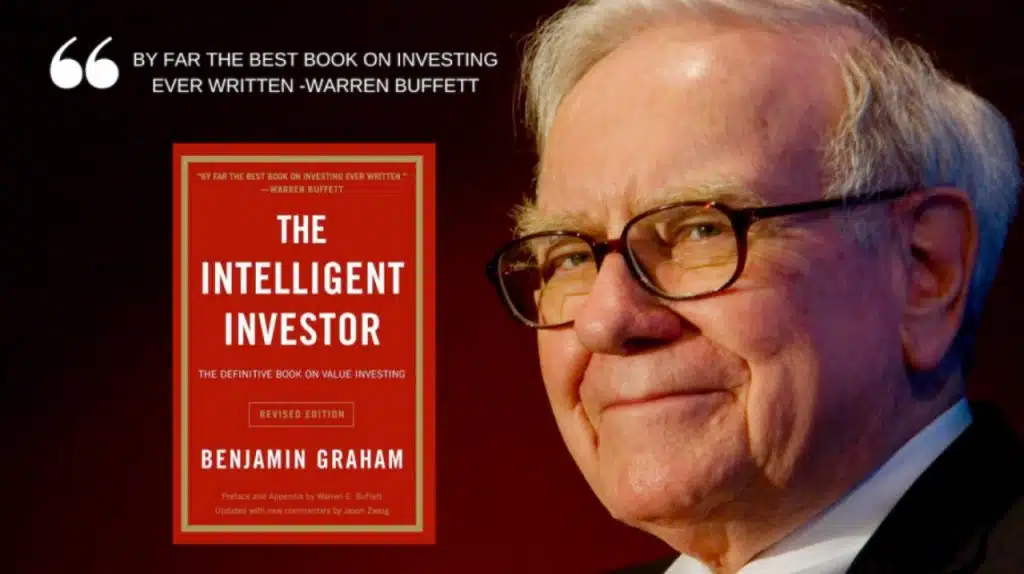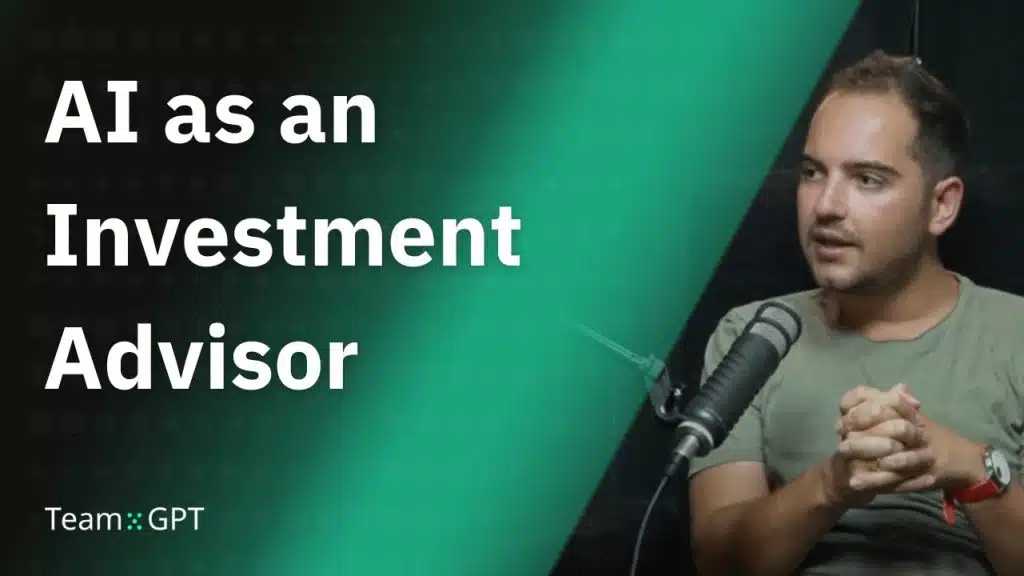In the age of digitization and artificial intelligence, investors are constantly looking for the edge that technology provides. One such innovation is the use of AI-powered models like ChatGPT for investing. This article briefly examines how artificial intelligence tools can assist with value investment and investment strategies.
The New Age of Investing: AI and ChatGPT
Using ChatGPT for investing is a concept that is taking the finance industry by storm. It’s about leveraging the power of artificial intelligence to manage, analyze, and understand the vast amount of financial data available to investors today. All of these new and coming AI tools can be a game-changer, especially for those interested in value investing.
A study by Accenture found that 76% of banking executives agree that the majority of organizations in the industry will use AI interfaces as their primary point of contact with customers by 2025.

“The Intelligent Investor” and The Power of Value Investing
Let’s look at the renowned book “The Intelligent Investor” written by Benjamin Graham, a mentor to Warren Buffet. This book delves into the concept of value investing – a strategy Buffet attributes his success to. Graham, and later Buffet, advocated for specific financial ratios as key indicators for investment potential. However maintaining a close eye on these ratios requires a robust infrastructure and a large team of 50 analysts, which may not be feasible for everyone. That’s where artificial intelligence, and more specifically, chatgpt for investing, come in.

The use of ChatGPT, Google Gemini, or Claude’s Sonnet, can significantly simplify the process of tracking these niche financial ratios. They can do the heavy lifting by crunching extensive data, conducting equity research, and continuously updating the figures. Ultimately, they serve as both a cost and time-efficient solution for investors.
For those new to this technology, starting a learning journey is essential. Consider enrolling in courses like the free ChatGPT for Work: The Interactive Course, which offers a practical introduction to using AI in professional settings. This course is designed to make AI approachable and applicable, featuring interactive exercises and real-world applications.
AI and Value Investing: A Success Story
An intriguing example of using ChatGPT for investing comes from a real-world scenario of an investor friend. He used Google Gemini to identify S&P 500 companies that met Warren Buffett’s five most important ratios for value investing. This approach demonstrates how AI can streamline the investment process, making sophisticated strategies more accessible to individual investors.
It’s crucial to remember that value investing, as advocated by Warren Buffett, is a long-term strategy. While ChatGPT for investing can provide quick insights, the true results of this approach may only be evident after 20-30 years.
The Future of Investing with ChatGPT
As AI technology continues to advance, the potential applications of ChatGPT for investing are likely to expand.
A survey by Deloitte found that 70% of financial services firms are using machine learning to predict cash flow events, fine-tune credit scores, and detect fraud.
Conducting equity research, understanding niche financial ratios, and making data-driven decisions is now more accessible than ever. And while it’s important to note that this isn’t a foolproof strategy or formal investment advice, these tools can enable investors to approach the market more intelligently and strategically.
Whether you’re interested in value investing, stock trading, or just seeking ways to enhance your financial acumen, ChatGPT and AI tools offer an exciting opportunity in the investment landscape. It’s time to embrace this tech revolution and use it to fuel your financial journey!

Iliya Valchanov
Iliya teaches 1.4M students on the topics of AI, data science, and machine learning. He is a serial entrepreneur, who has co-founded Team-GPT, 3veta, and 365 Data Science. Iliya’s latest project, Team-GPT is helping companies like Maersk, EY, Charles Schwab, Johns Hopkins University, Yale University, Columbia University adopt AI in the most private and secure way.


